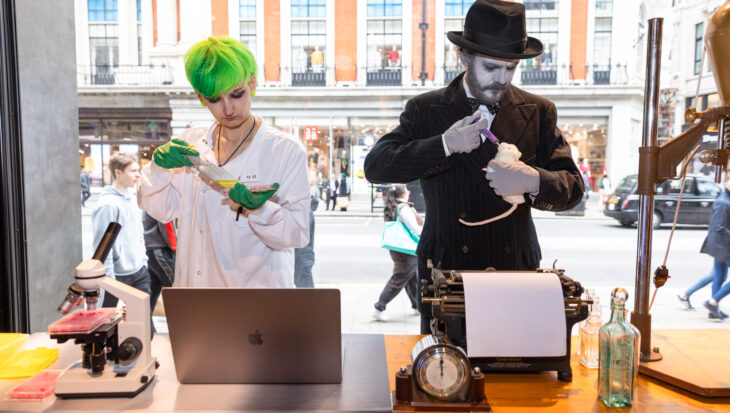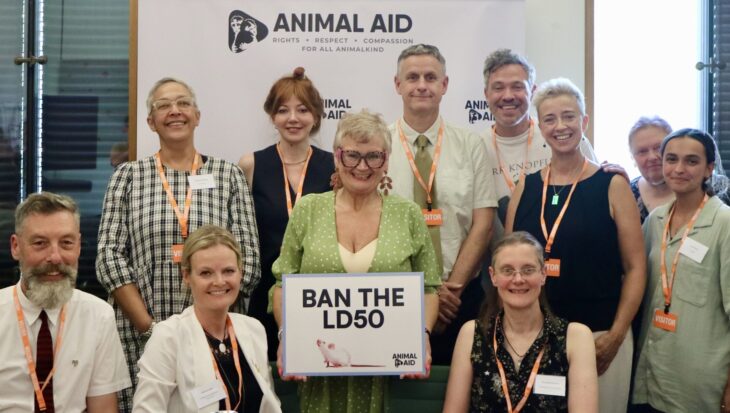A strain of the MRSA bacterium – which is resistant to a range of antibiotics – has been identified in turkeys being prepared for Christmas at a farm in East Anglia. However, it seems the situation is being down-played by the government, possibly to protect business interests during the festive period, which is critical for the financial health of the turkey industry.
In a move designed to reassure consumers, Defra and the Food Standards Agency were quick to announce that the risk of disease from the infected turkeys, which will go on sale, was ‘very low’, but the fact that few details have been released about the outbreak has raised concerns in the media. As the Daily Mail put it:
‘The fact that the department has decided to keep details of the case secret – protecting the farming and food industry at the expense of providing information to consumers – will raise questions about its priorities.’
The overuse of antibiotics in the often filthy, stressful and crowded conditions on factory farms leads both to the development and spread of disease and to pathogens mutating into potentially drug-resistant strains. Dr Margaret Chan, the Director-General of the World Health Organisation, stated in September that ‘on current trends, we are moving towards a post-antibiotic era where common infections will once again kill.’ She stated that overuse in farmed animals was one of the problems.
In response to this week’s East Anglia outbreak, consumers have been advised that the bacteria will be destroyed by cooking; however hundreds of thousands of people fall ill each year in the UK due to inappropriate handling and cooking of poultry.
MRSA infection can cause symptoms such as boils, abscesses, styes, carbuncles (large pus-filled lumps under the skin), cellulitis (infection of the deep layer of the skin, fat and tissues) or impetigo (highly contagious skin infection that causes blisters). If the bacteria get into the bloodstream, they can cause blood poisoning, septic shock (infection of blood that can lead to organ failure), septic arthritis (severe joint inflammation), osteomyelitis (bone infection), meningitis, pneumonia or endocarditis (infection of the heart lining).
The disease was discovered in the UK in 1961. In the late ’90s it became clear that community-acquired MRSA infections were caused by strains of MRSA that differed from the older and better studied hospital-associated strains.
In 2003, ST398 was found in pigs in the Netherlands. Since then, this strain has become epidemic in European and North American pigs, and has also spread to cows and poultry. However, it wasn’t until 2011 that it was discovered in British farmed animals. It was found in cows, their milk and also a number of people who, it is thought, were infected by contact with infected animals or with people who work with infected animals. The researchers said that the idea it may have arisen due to overuse of antibiotics on farms was ‘a credible hypothesis’.
In 2002, there was just one human case in England and Scotland; in 2009, there were nine; and in 2010, there were 12.
In 2007, it was reported that almost half of all Dutch pig farmers are infected with MRSA, while in 2013, research suggested that just living close to an intensive pig or poultry farm can lead to greater exposure to the bacterium.
Read the Daily Mail article

